The Rooftop Terrace
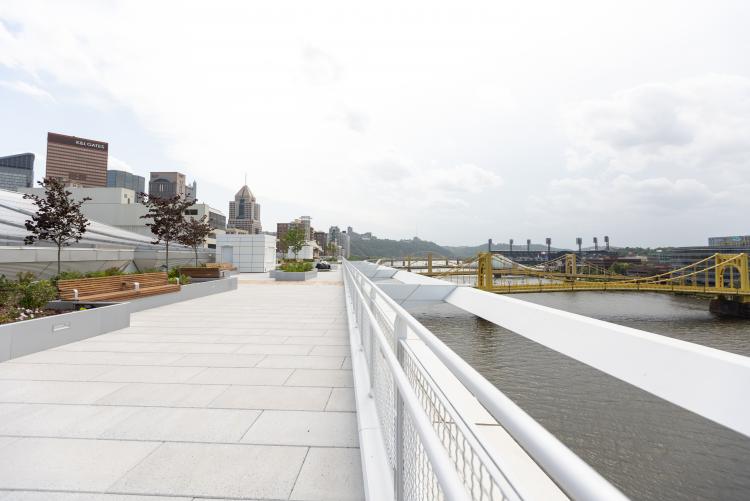
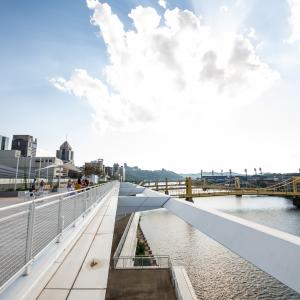
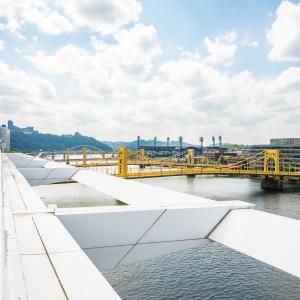
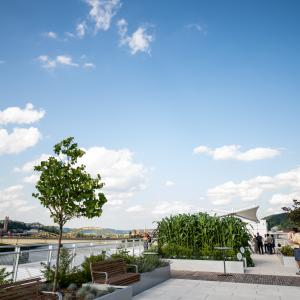
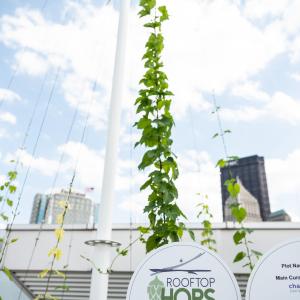





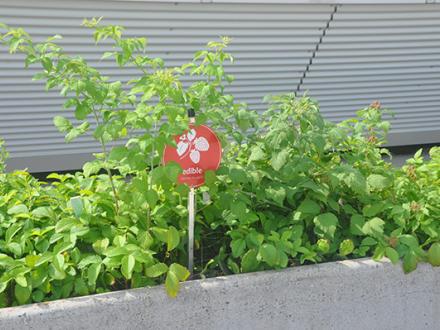
Edible Plants
Planting edible native plants is a great way to experience the natural world and connect with our daily nourishment.
Wild edibles were vital to settlers, but even today we still enjoy many well known native plants including blueberries and strawberries.
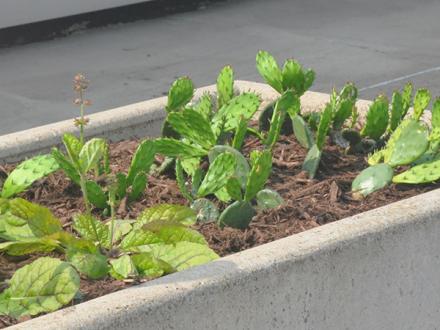
Medicinal Plants
Countless generations of humans have relied upon nature to heal, finding useful medicine in their local forests and fields.
Many of our pharmaceuticals were at least derived from a chemical compound found in a plant. In recent years, a renaissance of interest in herbal medicine has boosted a growing medicinal plant industry.
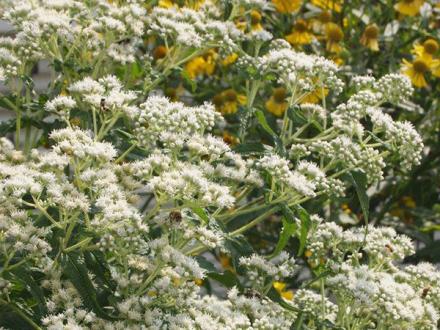
Pollinator Plants
About 75% of all flowering plants rely on insect pollinators. These insects transfer pollen between plants in order to make seeds for new plants.
Creating a pollinator garden helps bees, butterflies and other insects such as beetles, ants, and flies to pollinate these in a concentrated area.
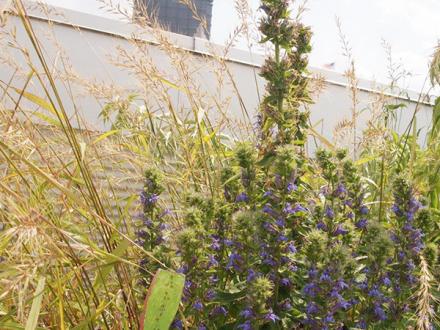
Bird Supports
Birds have adapted to utilize native plants that provide food, cover, nesting sites or a combination of resources.
Native plants provide food at different times of the year to birds in the form of seeds, fruit, nectar, or attract insects that use those plants. The growth habits of native plants present safe nesting sites and cover that protect birds from inclement weather and predators.
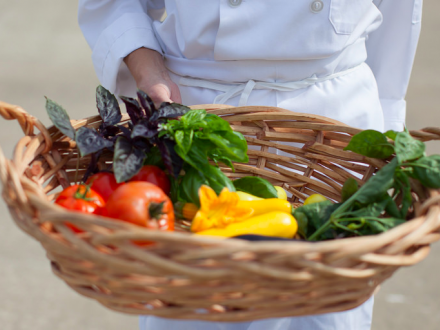
From Plant to Plate
Levy Convention Centers is the DLCC's exclusive food service provider who plants and maintains over 1,300 sq. ft. of garden boxes on the North Terrace.
Learn More